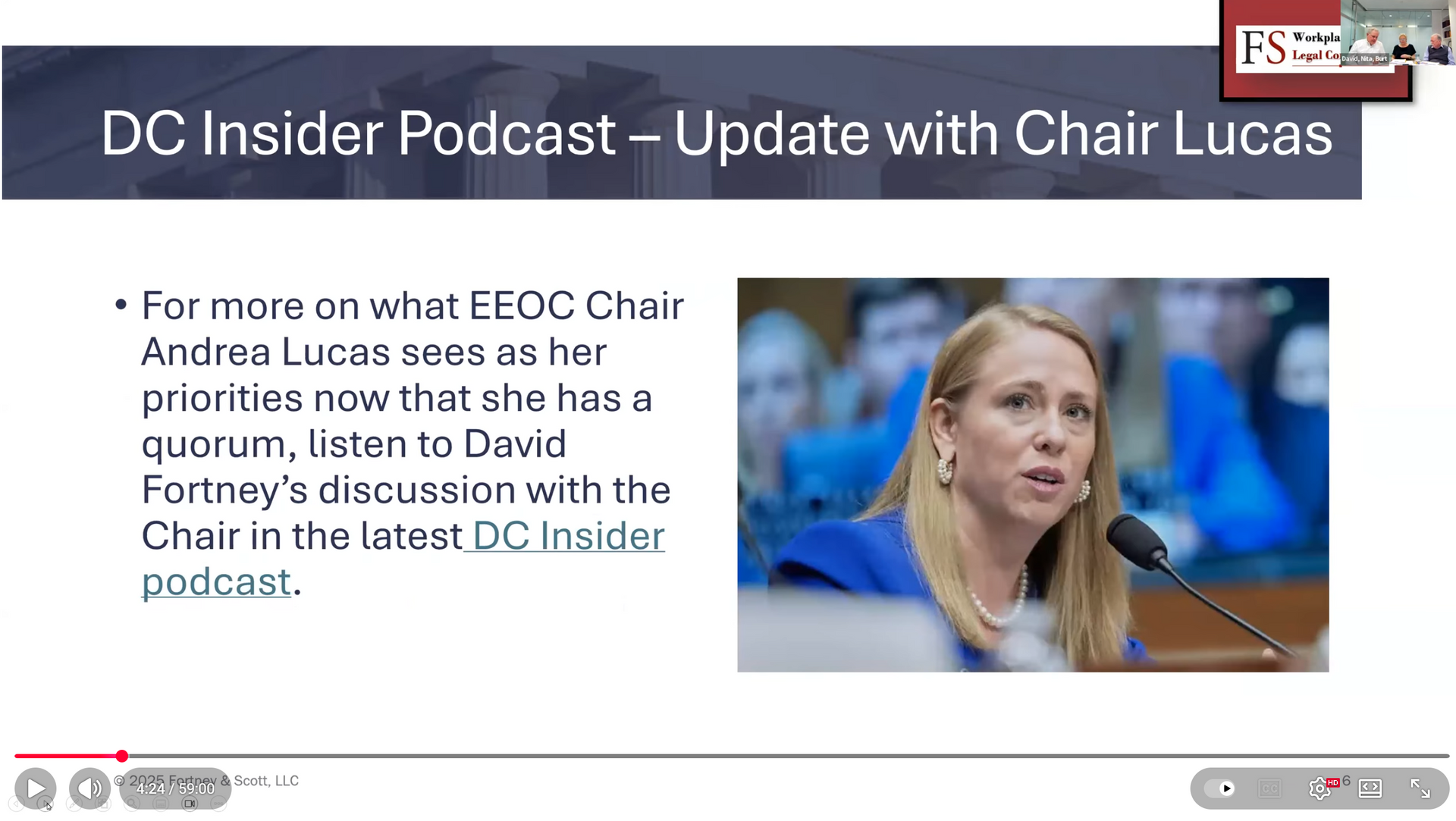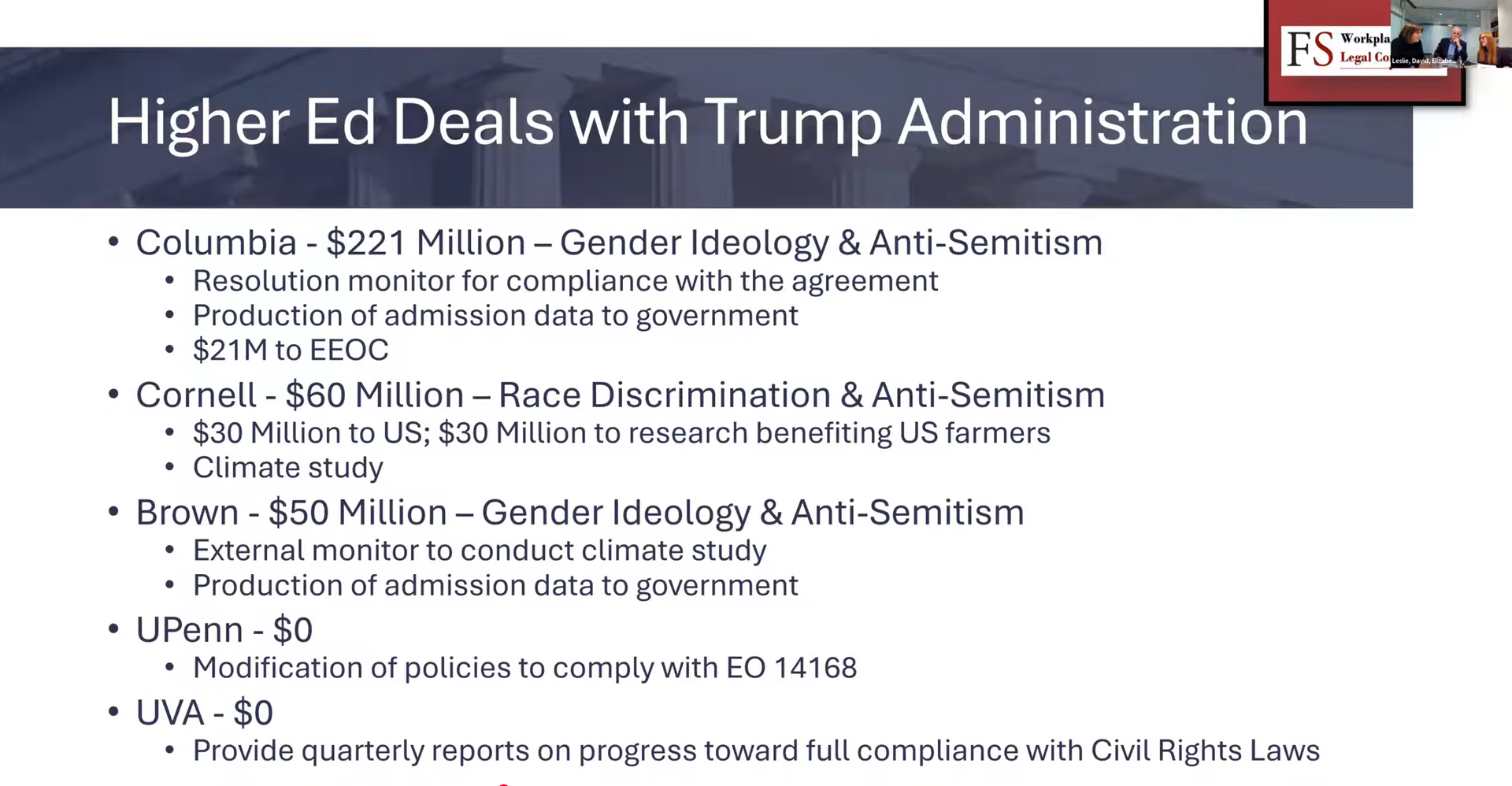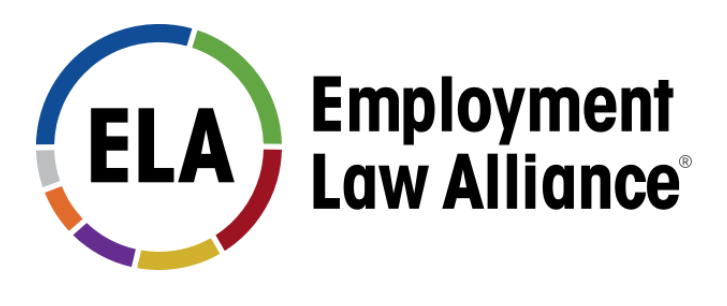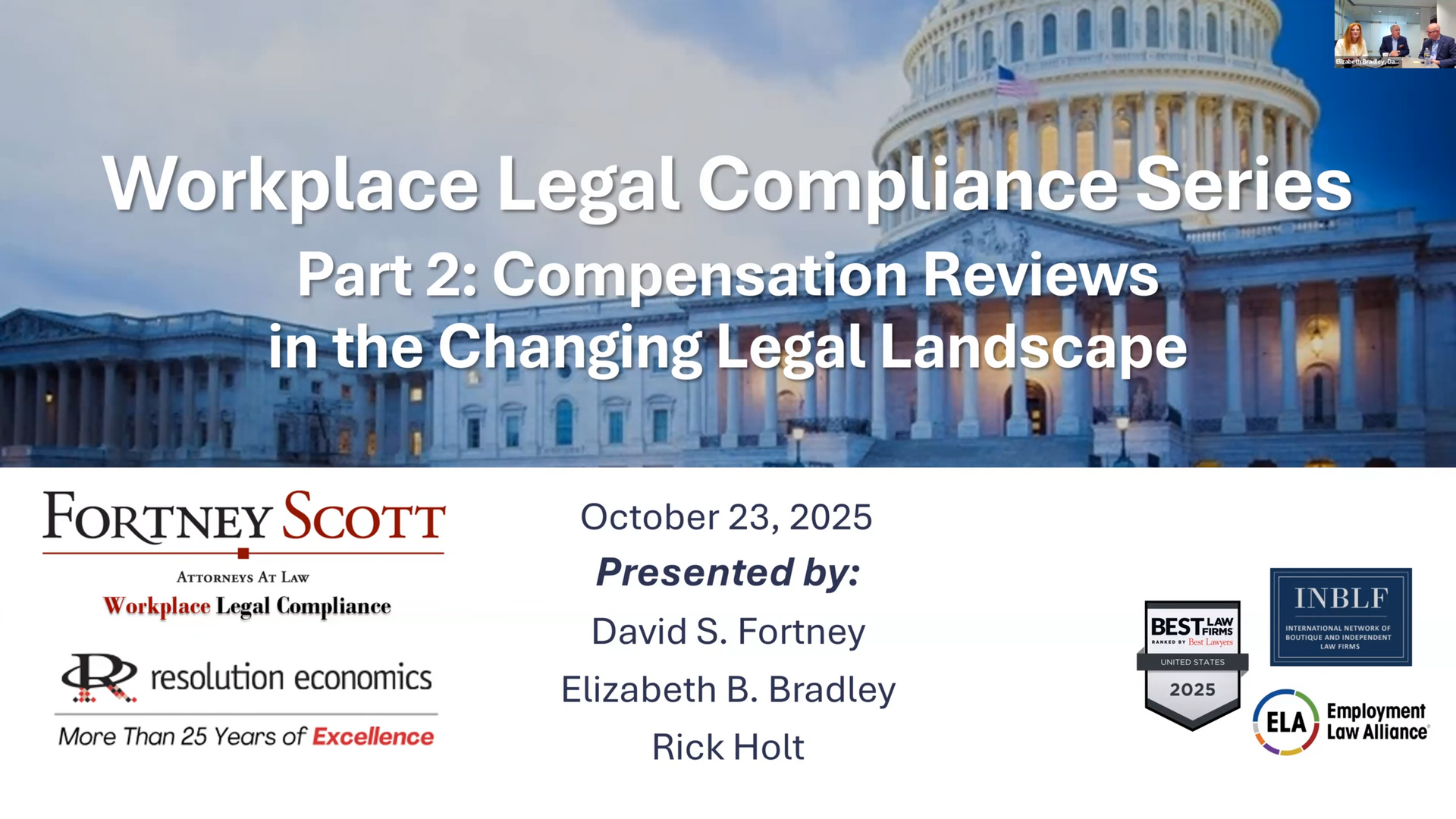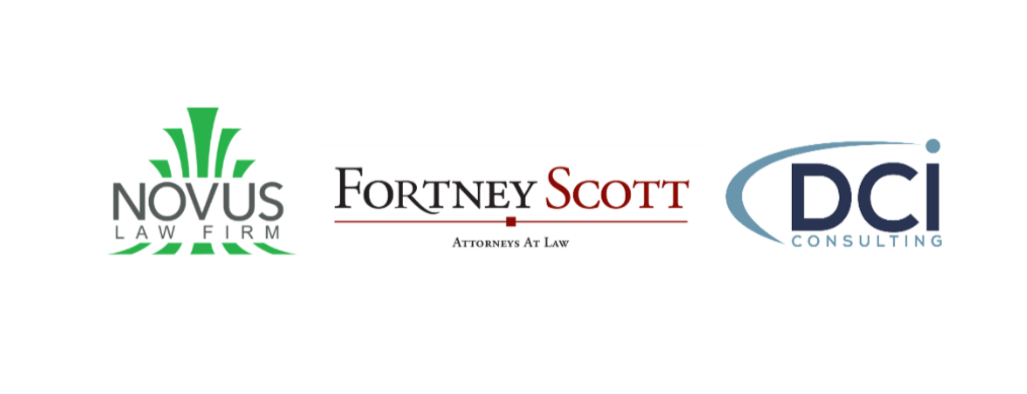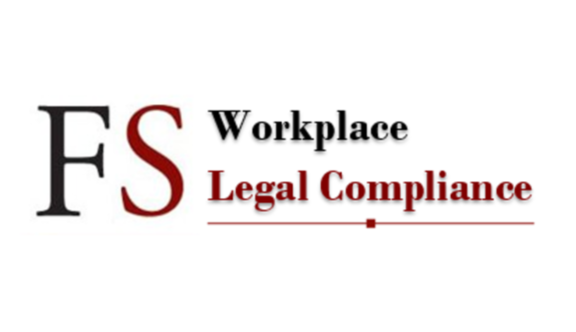DOL Issues Long-Anticipated Update to Overtime Rule
This morning, the U.S. Department of Labor’s Wage & Hour Division (WHD) announced a final rule updating the overtime eligibility requirements for workers under the federal Fair Labor Standards Act (FLSA).
Most notably, the final rule bumps up the minimum salary threshold required for workers to be exempt under the FLSA’s “white-collar” exemptions—that is, the executive, administrative, and professional exemptions. The new threshold of $35,568 is a significant increase from the previous threshold of $23,660 , an amount which has not been revised since 2004. However, the new threshold falls far short of the $47,476 level proposed in a scuttled Obama-era rule in 2016.
Very importantly, the final rule makes no changes to the current “duties test” for exemptions —a hotly debated subject during the rulemaking process. Nor does the final rule call for an automatic update of the salary threshold, another controversial feature in the blocked Obama rule.
Other significant components of the final rule include:
- Updating the salary threshold for the “highly compensated employee” exemption from $100,000 to $107,432 per year;
- Allowing employers to use nondiscretionary bonuses and incentive payments (including commissions) that are paid at least annually to satisfy up to 10 percent of the standard salary level; and
- Revising the special salary levels for workers in U.S. territories and in the motion picture industry.
According to a WHD press release , the final rule will make an additional 1.3 million American workers eligible for overtime pay.
Next Steps
While the rule is scheduled to go into effect on January 1, 2020 , it is widely expected that it will be challenged immediately in federal courts by Democrats and worker advocate groups, with the intent of enjoining and invalidating the rule in favor of one more akin to the Obama rule.
The final rule’s release coincides with a Senate committee confirmation vote today on Trump nominee for Labor Secretary, Eugene Scalia. Scalia is expected to clear the committee vote and ultimately win confirmation by the Republican-controlled Senate.
FortneyScott will keep you updated on the status and impact of this final rule. If you have any questions, please contact your FortneyScott attorney, or e-mail FortneyScott .


